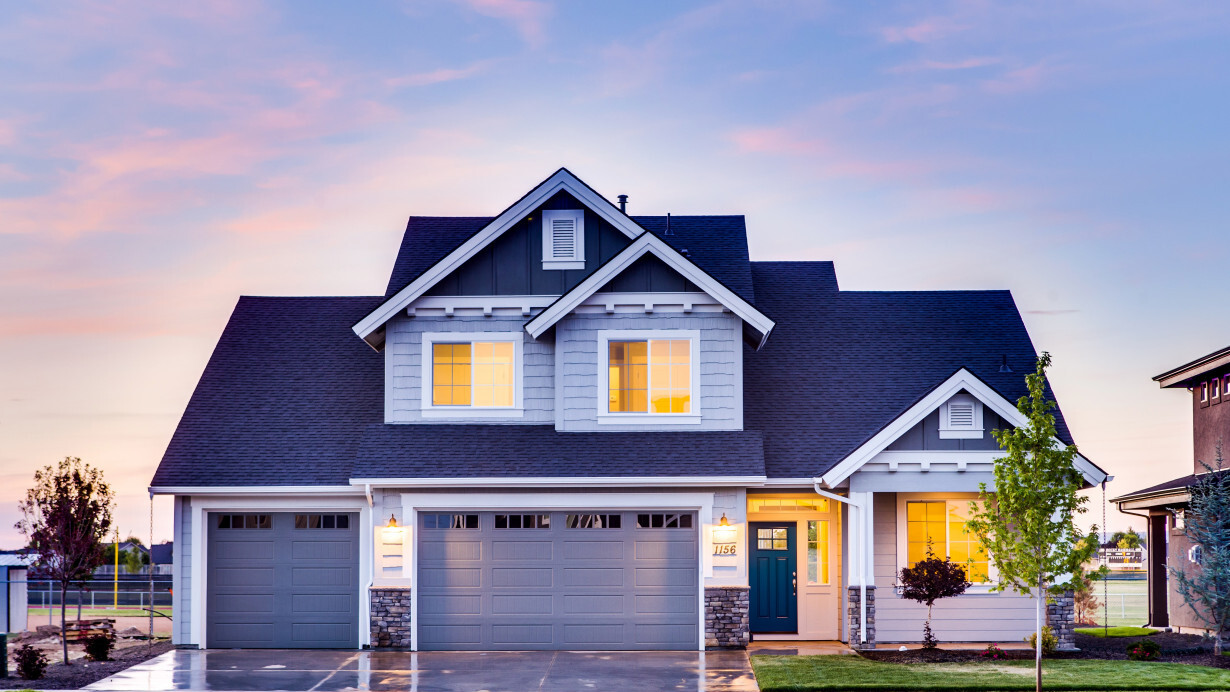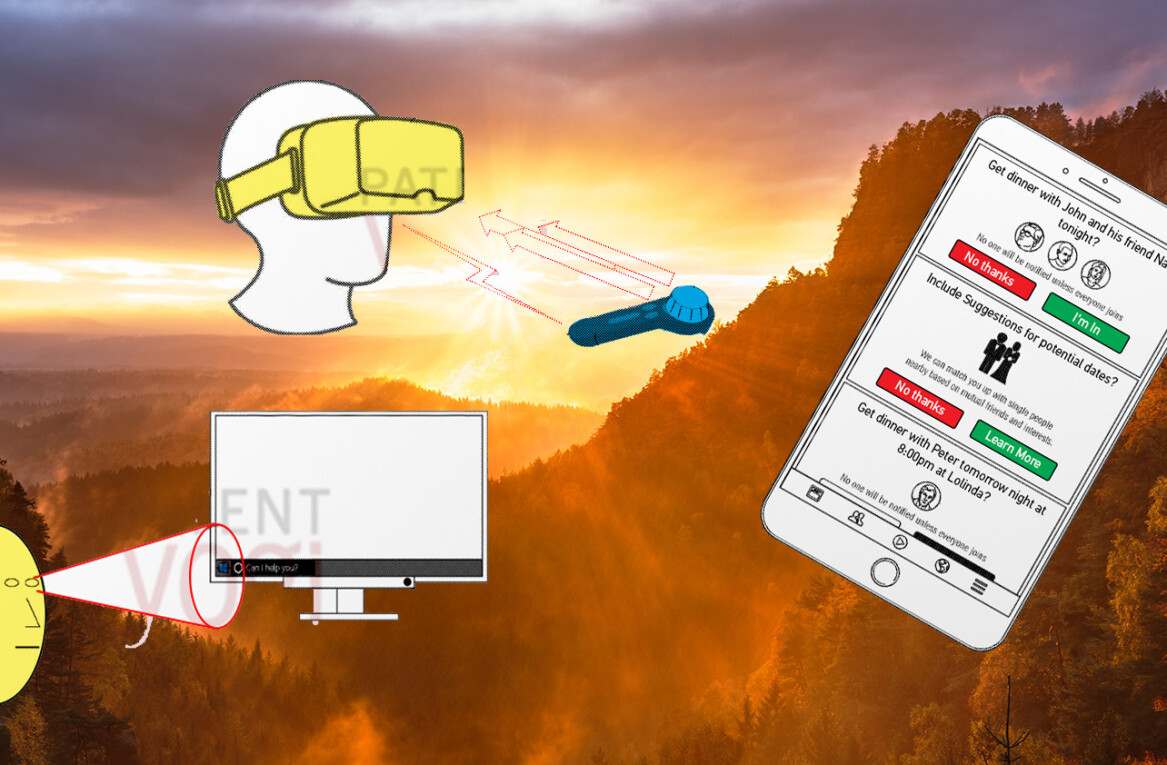
There’s no question that the internet of things (IoT) has revolutionized the way people manage their homes. From a simple voice-activated AI assistant like Amazon’s Alexa or Google Home to interconnected systems for lights, thermostats, kitchen appliances and security alarms, these devices are designed to make our lives simpler and more convenient. But it’s also important to fully understand the power and implications of gadgets that can listen in, learn about us and transmit our personal data to corporations.
Whether you’ve already invested in smart home devices or are considering them as your next tech purchase, consider what members of YEC have to say on the subject. We asked a panel the following question:
Today’s smart home systems can order takeout for dinnertime, find your car keys, turn down the thermostat and alert you to any disturbances when you’re away — but what’s one thing all consumers should know about them?
Their best answers are below:
1. Compatibility is a big issue.
![]()
There are many companies competing in the smart home market. One result of this is that not all devices are compatible. If you buy products from, say, Apple, Google and Amazon, they may not work together. If you want to create an entire smart home, it’s best to focus on one brand. At the very least, always check for compatibility before you buy anything new. – Shawn Porat, Scorely
2. A centralized platform is the way to go.
![]()
If you plan to go the home automation way, understand that it’s important to have a centralized platform. However, compatibility is often a concern. For instance, you might have to log in to different systems to manage your home’s security and thermostat settings. With a centralized platform, you get the ability to truly leverage the benefits of your smart home system. – Derek Robinson, Top Notch Dezigns
3. Systems can go offline — then what?
![]()
Find out what happens to your smart devices in case of an internet outage. Do the smart devices turn dumb and everything stops working? Or is there a backup plan for offline mode? – Syed Balkhi, OptinMonster
4. You’re giving a lot of data away.
![]()
Every time someone uses smart home devices, you’re giving data to these services and they have more information about your consumer data. Data is shared and it’s easy for people to find. This creates a privacy issue — before you buy anything, know that it is going to go beyond your consumption of it. The data is used to tell a story and the more you give, the more you let them know about you. – Sweta Patel, Silicon Valley Startup Marketing
5. Getting the most out of your system requires planning ahead.
![]()
Getting into the smart home system can be exciting, but like anything, do your research and plan ahead. It’ll help you determine what aspects of the system you most need, what brand is best and if they are compatible with one another. Once you have an understanding, dive in. – Colbey Pfund, LFNT Distribution
6. There’s a steep setup price.
![]()
A lot of these products can be very expensive to install. On top of that, a lot of the home security system companies have gotten into the industry and have put together some very convoluted pricing contracts as a result. You need to read the fine print if you are going to be implementing a system like that in your home. – Nicole Munoz, Start Ranking Now
7. You’ll save money in the long run.
![]()
The initial cost of a home smart system can be daunting, but one has to think of it as an investment. Over time, this system will pay for itself. Take smart lights for instance. They consume less electricity and can be scheduled to be turned on and off at certain times. If you are thinking long-term, the smart home system is worth every penny. – Abhilash Patel, Abhilash.co
8. These devices can present a security threat.
![]()
While smart home devices add another layer of convenience, it has also provided another security threat. As we have more devices collecting our data, it provides greater access for hackers. Even if it may seem like the device does not contain any meaningful data, it can still be used as an access point to your WiFi. Before building your smart home, assess the security quality of each device. – Zohar Steinberg, token payments
9. You have to opt-In to privacy.
![]()
Google and Amazon’s smart home accessories and virtual assistants offer privacy features for the purpose of discretion, but many of them are disabled by default. It’s incredibly important to read up on all of the features offered by these products to ensure you aren’t unknowingly exposing sensitive information while using them. – Bryce Welker, CPA Exam Guy
10. They aren’t perfect.
![]()
Many smart devices are still learning and take time to work properly. There are also bugs in them just like other software so don’t assume everything will always go smoothly with them. – Serenity Gibbons, Calendar
11. It’s just the beginning.
![]()
Impressive as these digital assistants are, we are only at the beginning of their evolution. It’ll be some time before we’re in Star Trek territory, but something like that is the end-goal. Given the pace of improvement in machine learning and data analytics, these devices may well become the most important interface for many interactions with our computers. – Vik Patel, Future Hosting
Get the TNW newsletter
Get the most important tech news in your inbox each week.




